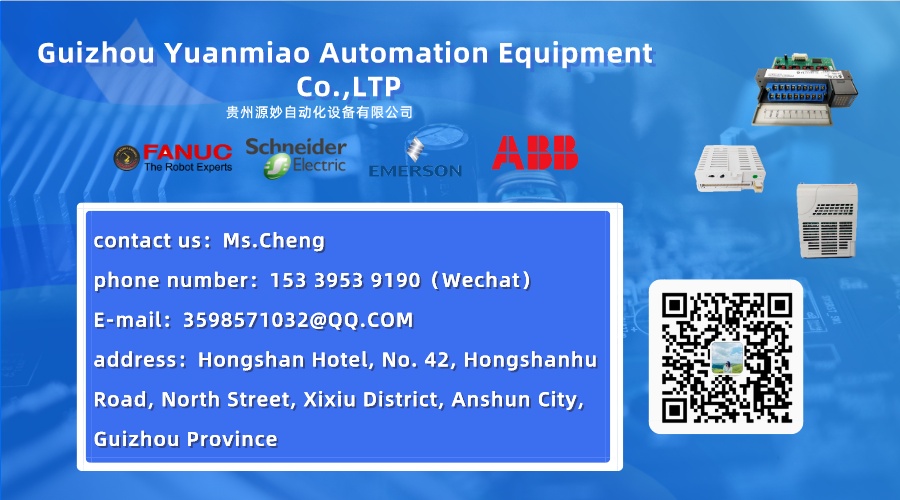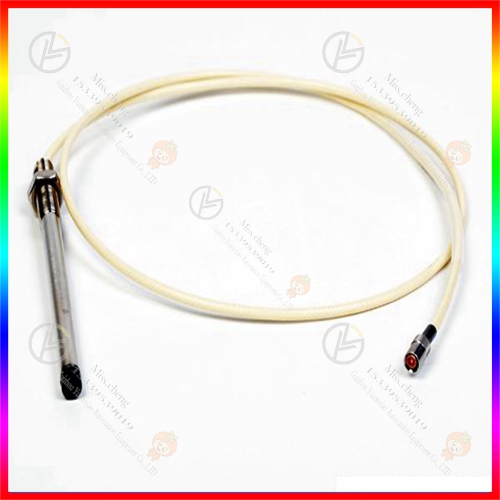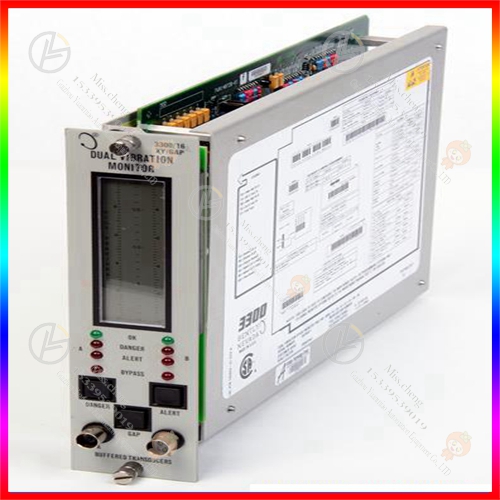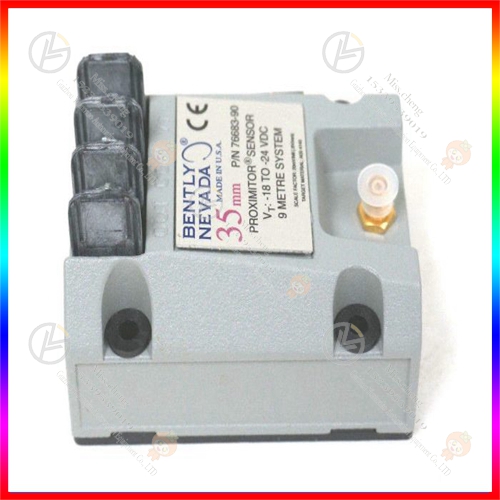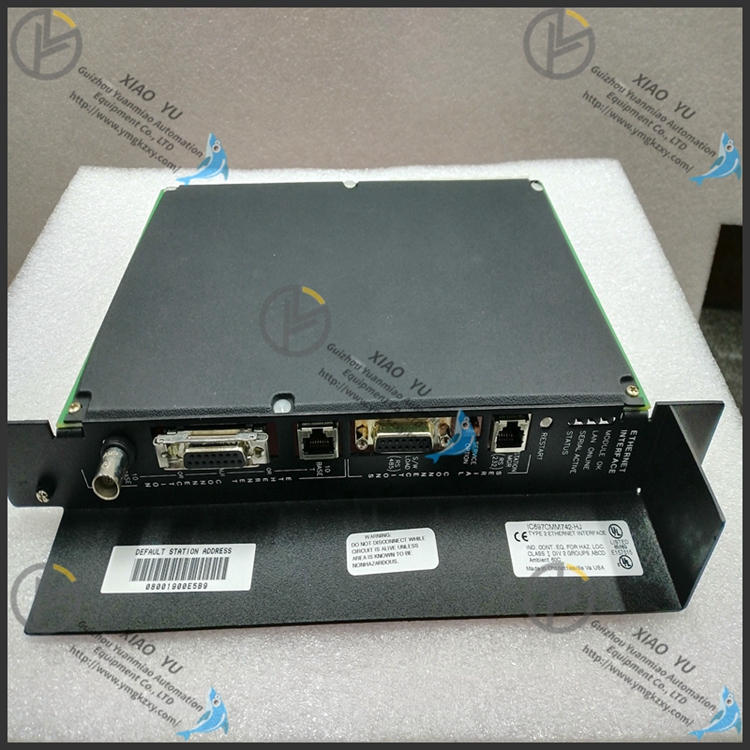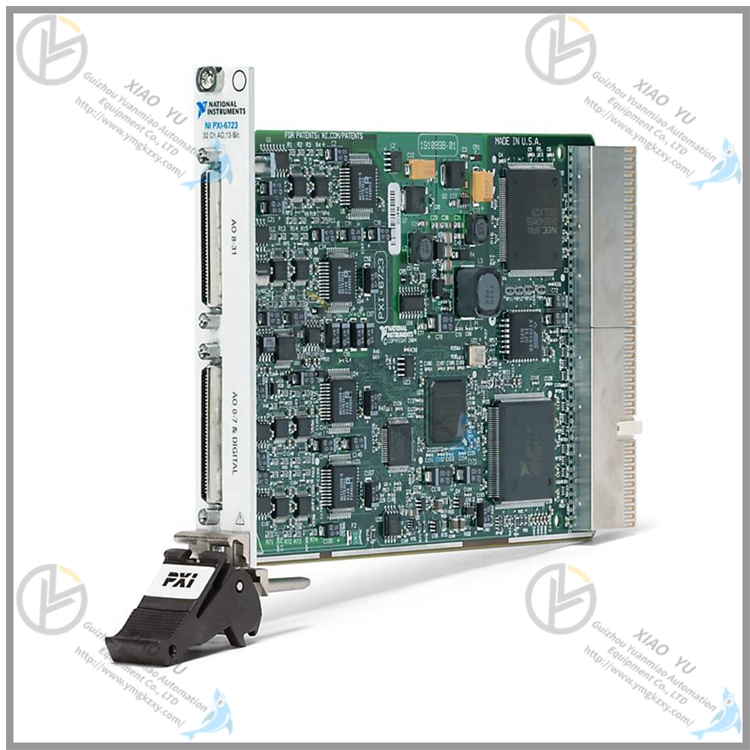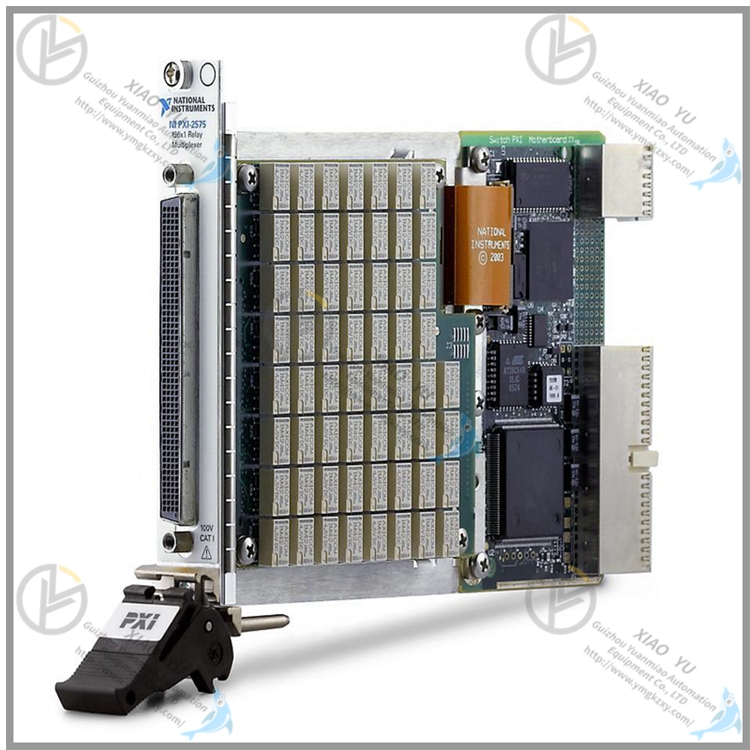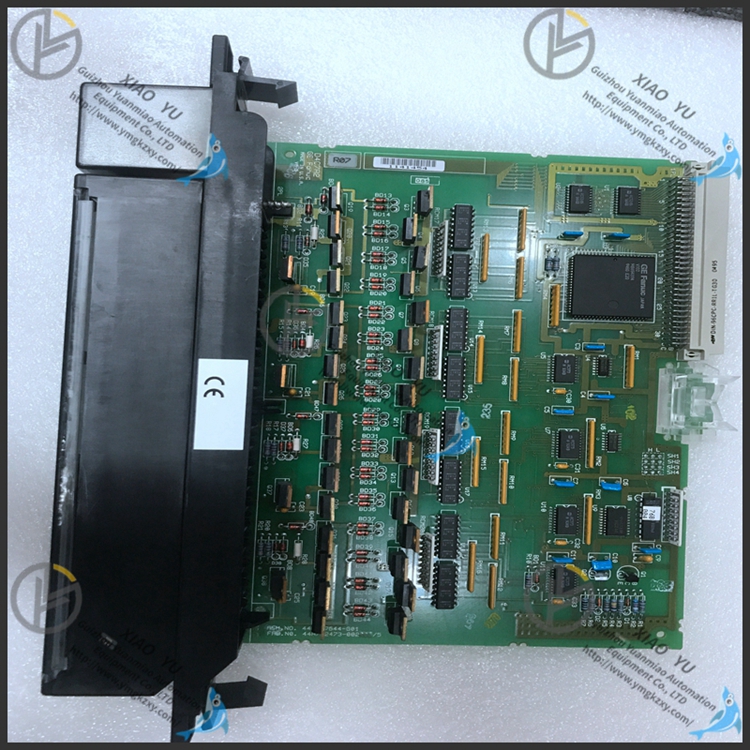Bently 21500-00-40-10-02 probe
-
Warranty: 365 days
Quality: Original module
Condition: New / Used
Warehouse: Spot
Delivery time: Shipped in 3 days after payment
Mail: 3598571032@qq.com
Phone/Wechat/Whatsapp:+86 15339539190
-
Details
Product details
Origin:USA
Brand:bently
Product ID:21500-00-40-10-02
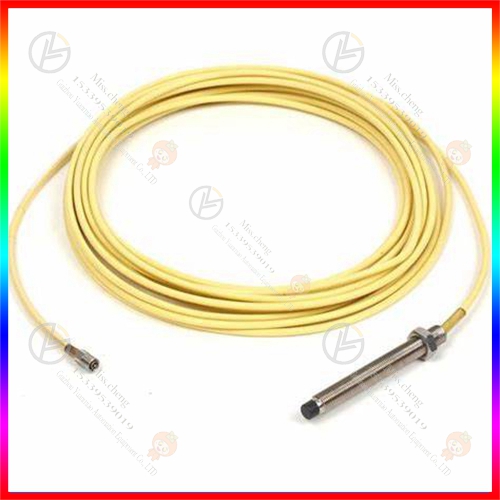
product description
Bently's probes come in a variety of types, including diameter 5mm eddy current sensor, 8mm
eddy current sensor, 11mm eddy current sensor, 14mm eddy current sensor, 25mm eddy current
sensor, 50mm differential expansion sensor, 3300 high temperature eddy current sensor and more.
Among them, 5mm probes and 14mm probes are not commonly used. Each sensor system consists
of probes, extension wires and precursors, Bentley probes, extension wires and precursors are
interchangeable, as long as the part number is the same, the parts can be interchanged.
Bentley eddy current sensor is a non-contact displacement and vibration sensor based on the principle
of high frequency eddy current effect. The basic principle is that the probe, extension cable, preprocessor
and the measured body constitute the basic working system. The high frequency oscillating current in
the preprocessor flows into the probe coil through the extension cable, creating an alternating magnetic
field in the coil at the head of the probe. When a measured metal body is close to this magnetic field,
an induced current is generated on the metal surface, which is called eddy current in electromagnetism.
At the same time, the eddy current field also generates an alternating magnetic field whose direction is
opposite to that of the head coil. Due to its reaction, the amplitude and phase of the high-frequency
current of the head coil are changed (the effective impedance of the coil). This change is related to the
magnetic permeability of the metal body, the electrical conductivity, the geometry of the coil, the geometric
size, the current frequency, and the distance between the head coil and the surface of the metal conductor.
Bentley eddy-current sensors are widely used, especially in transformer monitoring of power systems, mainly
for measuring transformer short-circuit reactance and transformer winding deformation.
